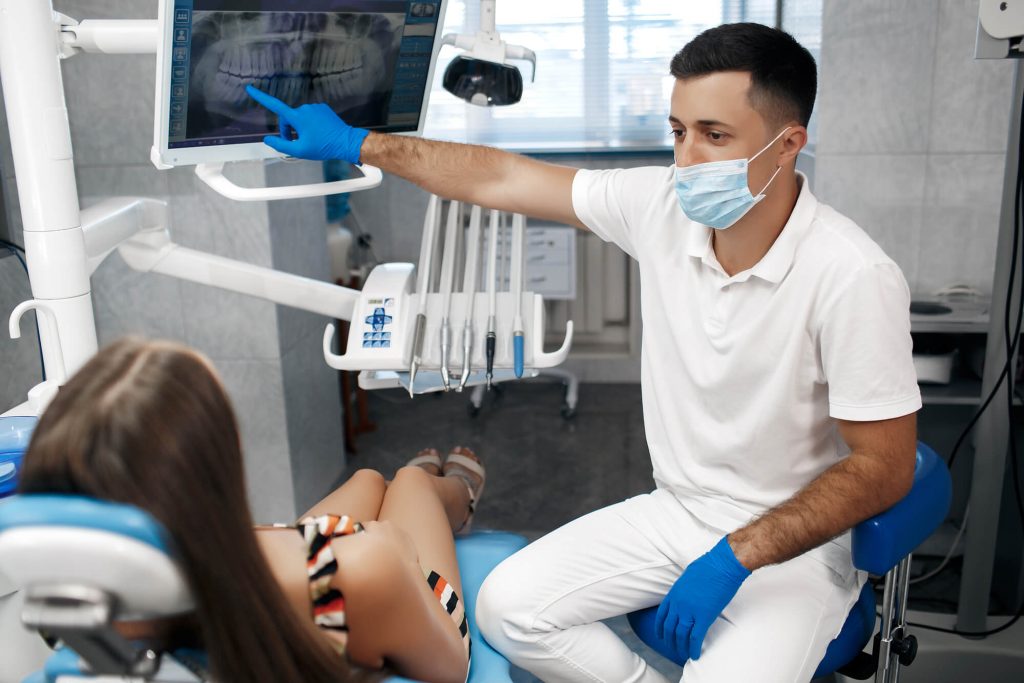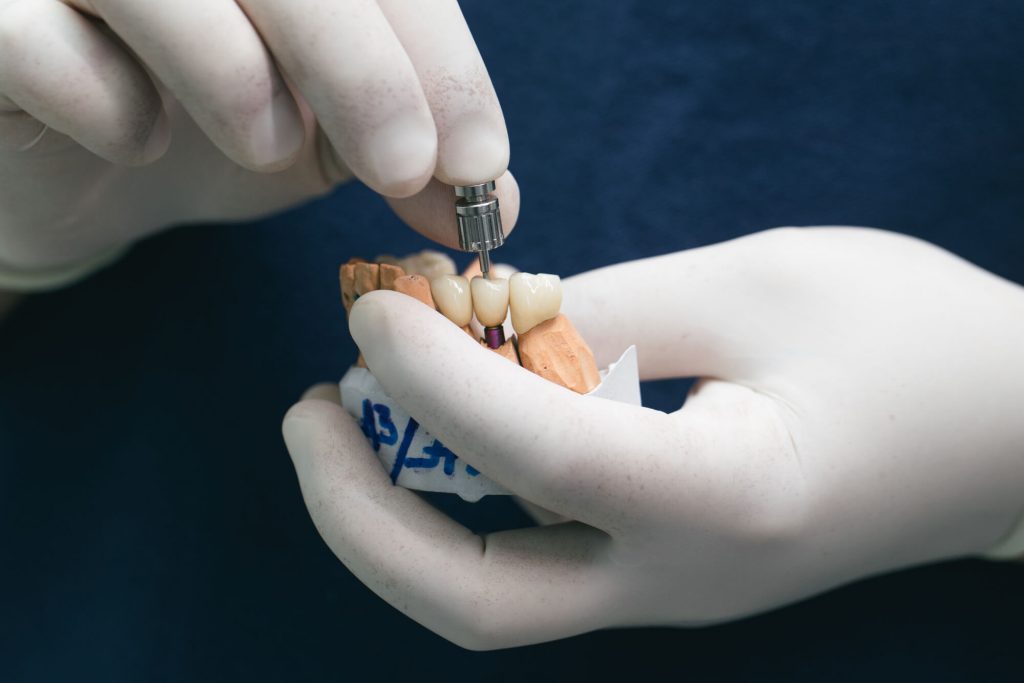Is there a chance you’ll get to regain your smile and oral function after you’ve lost your permanent teeth? Dental implants in Raleigh can make that possible. So yes, there is hope for you. Whether you lost your teeth due to neglect, a hard blow to your face due to an accident, untreated gum disease, or old age, dental implants can give you a new set of teeth and a brand new smile!
Unfortunately, although dental implants are just as strong as your natural tooth roots, they can still fail. You definitely don’t want to lose your implants after everything you went through when you lost your natural teeth. How can you prevent dental implant failure? And if it does happen, can your dentist save them?

Can You Save Failing Dental Implants?
What Are Dental Implants?
A dental implant has a unique metal-screw shape design that your oral surgeon will embed in your mouth to replace missing tooth roots. The purpose of an implant is to provide a stable anchor for your artificial crowns.
They are ingeniously fabricated to mimic the function and look of natural teeth. More than three million Americans have dental implants, and statistics show that this number is growing by half a million yearly.
What Is the Dental Implant Process?
The procedure is pretty straightforward and is typically done in an outpatient setting. There are several steps involved in the placement of dental implants. First, the damaged tooth is extracted. Next, your oral surgeon will determine if your jawbone is healthy and strong enough to receive the implants. Patients with low jawbone density may be required to undergo bone grafting. When jawbone density is lacking, dental implant surgery will likely fail, which is why bone grafting is a pre-requisite.
If you have a healthy and strong jawbone, your oral surgeon will proceed with the surgery and make an incision in your gums and drill holes in your jawbone to place the implants. Your oral surgeon will allow ample time for the implants to integrate completely with your bone tissues (osseointegration).
This step is crucial to the success of the surgery. Once osseointegration is complete and successful, the abutments are placed next, followed by artificial dental crowns. The entire process can stretch up to several months. Nevertheless, dental implants provide durability and resilience unlike any other, so it’s worth the wait.
Why Do Dental Implants Fail?
Unfortunately, there are instances where dental implants can fail. To address the problem, your oral surgeon must first identify what’s causing it. Usually, the culprits of dental implant failure are the following:
- Excessive stress on your implants
- Incorrect bite
- Bruxism
- Poor oral hygiene
#1 Excessive Stress
The bone that supports your implants will stay the same as long as it receives pressure within its limits. But, if the stress goes beyond those limits, bone loss could occur. Dental implant failure will be your next problem when your jawbone begins to disintegrate.
How do you prevent this from happening? Your dentist must determine the placement, size, and number of implants to support the number of teeth you lost. So be careful and ask questions about your treatment plan.
#2 Incorrect Bite
People with incorrect bites can cause dental implant problems, and that’s because if your upper and lower jaw are misaligned, it will place excessive stress on your implants. When your implants receive too much pressure, bone loss will result.
If an incorrect bite isn’t treated, it can lead to dental implant failure and cause problems with your bone, muscles, and gum tissues. To prevent dental implant failure, your dentist should adjust your teeth to align correctly.
#3 Bruxism
Another factor that contributes to dental implant failure is tooth grinding or bruxism. Patients with bruxism often clench or grind their teeth when they are stressed or while they are sleeping. Dentists advise patients with bruxism to wear a night guard to prevent their upper and lower teeth from meeting.
#4 Poor Oral Hygiene
The amazing thing about dental implants is that they don’t require special care. You just have to practice good dental hygiene, such as brushing, flossing, and rinsing with mouthwash. It’s also important to visit your dentist regularly for professional teeth cleanings. Poor oral hygiene can lead to gingivitis and periodontitis, which can cause dental implant failure.

Are Your Dental Implants in Raleigh Failing?
If you suspect your dental implants aren’t functioning as they should, let us know, and we’ll assess the problem. At Tyron Family Dentistry, your oral health is our priority. We ensure that the treatment plan we create is customized to fit your needs. We offer affordable dental treatments to help restore your smile and oral function! Contact us today for an appointment.

